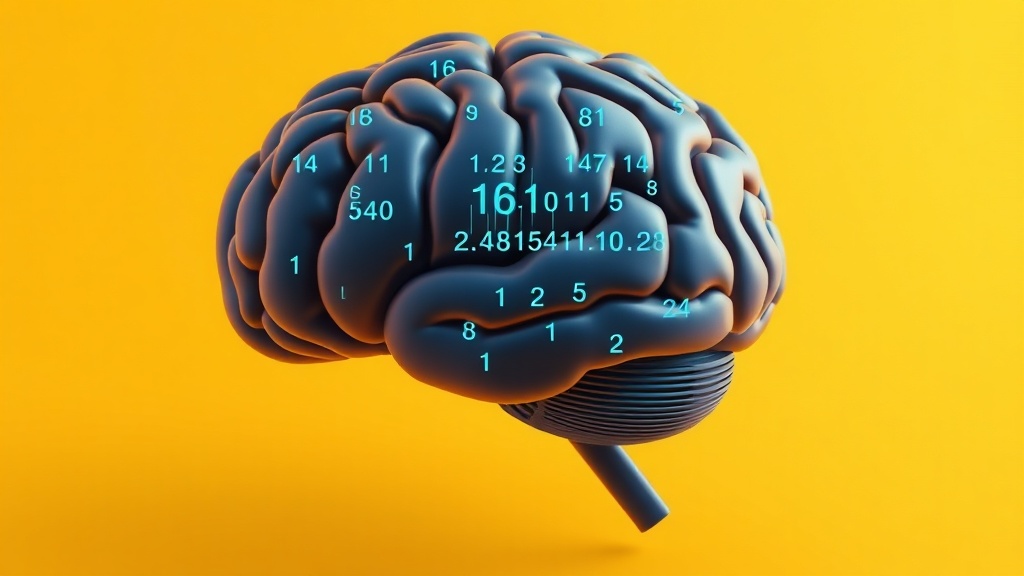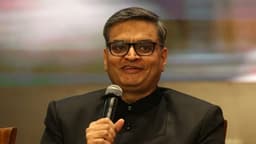Home / Technology / Unesco Adopts Global Standards to Govern Surging Neurotech Industry
Unesco Adopts Global Standards to Govern Surging Neurotech Industry
10 Nov
Summary
- Unesco sets new global standards for ethical use of neurotechnology
- Driven by AI advances and proliferation of consumer brain-reading devices
- Standards aim to protect "mental privacy" and "freedom of thought"

In November 2025, the United Nations Educational, Scientific and Cultural Organization (Unesco) has adopted a set of global standards on the ethics of neurotechnology, a rapidly evolving field that has been described as "a bit of a wild west".
The new standards are a response to two key developments in the industry: the rise of artificial intelligence (AI) that can decode vast amounts of brain data, and the proliferation of consumer-oriented neurotech devices like earbuds and smart glasses that can track brain activity and eye movements.
Unesco's chief of bioethics, Dafna Feinholz, emphasized the need to "inform the people about the risks, the potential benefits, and the alternatives" of these technologies, so that individuals can make informed choices. The standards define a new category of "neural data" and provide guidelines for its protection, addressing concerns around "mental privacy" and "freedom of thought".
Audrey Azoulay, Unesco's director general, stated that the new standards would "enshrine the inviolability of the human mind" as neurotechnology continues to advance. This move comes amid a growing international push for regulation, with several countries and the World Economic Forum also calling for frameworks to govern this emerging field.



